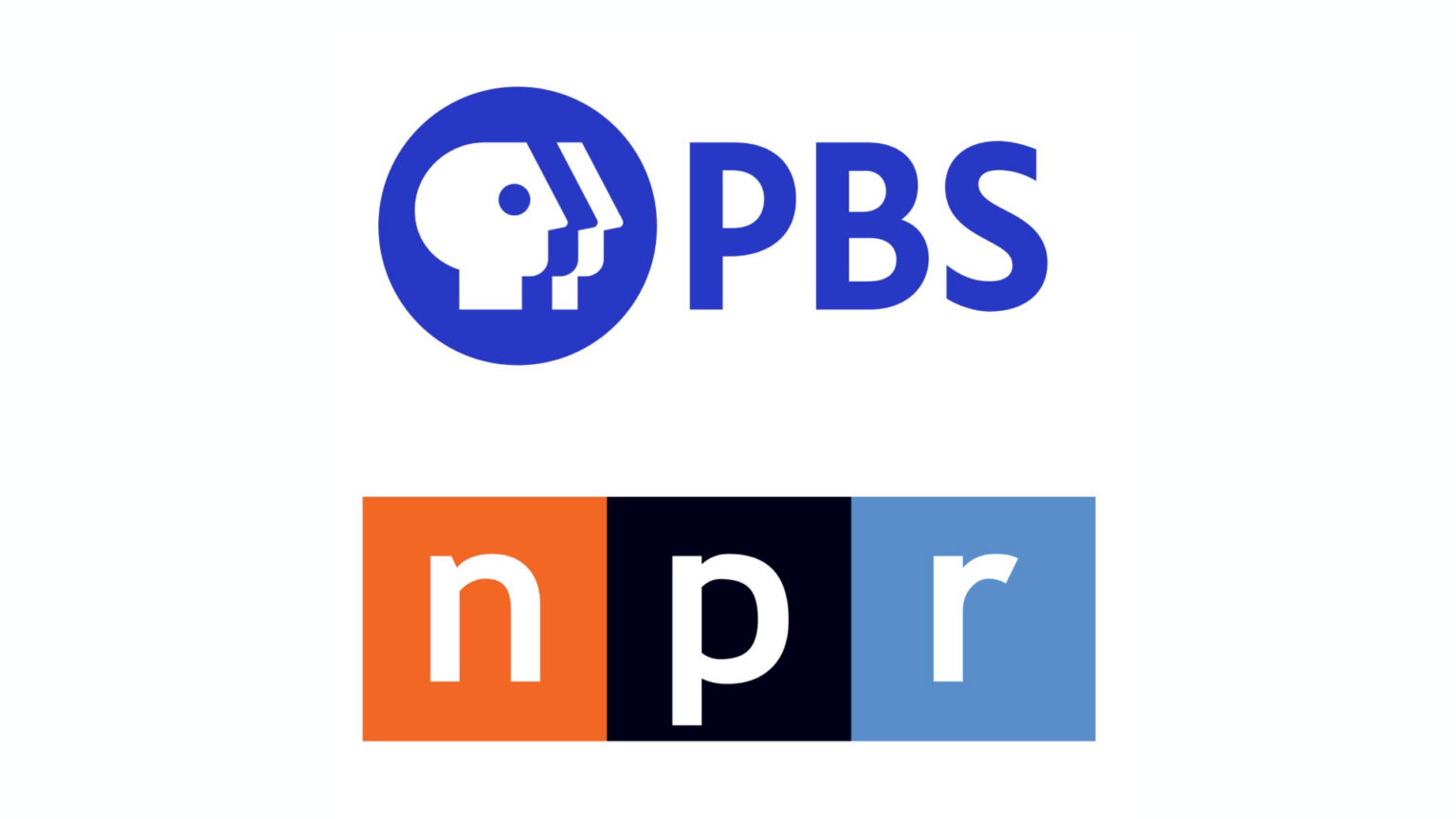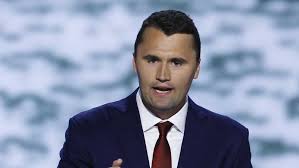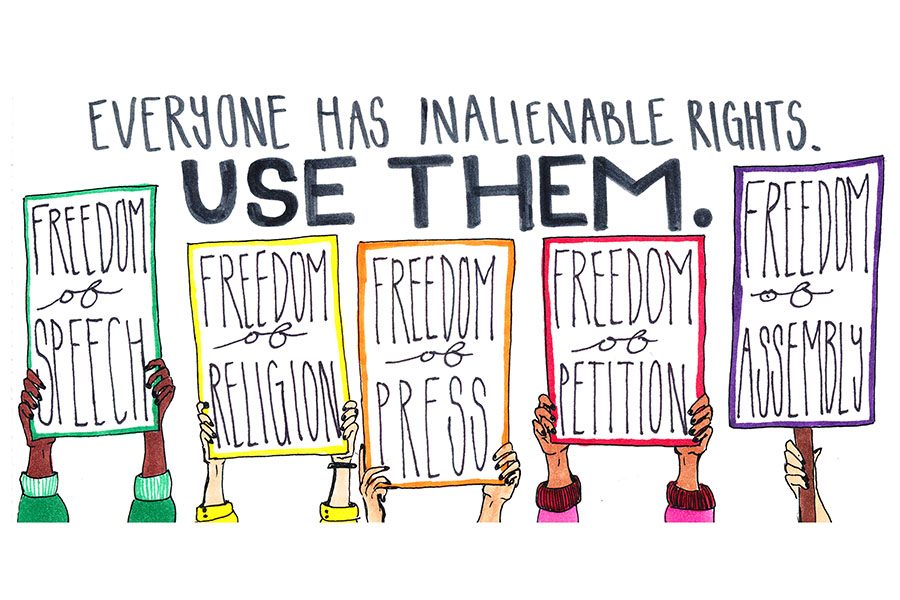 On May 1st, President Donald Trump sought to issue an executive order to halt federal funding for broadcast channels NPR and PBS. This comes after ideological bias, as the order states, “Neither entity presents a fair, accurate, or unbiased portrayal of current events to tax-paying citizens.” Legal experts have also questioned whether President Trump has the constitutional authority to unilaterally defund public broadcasters like NPR and PBS. The Appropriations Clause of the U.S. Constitution gives Congress the sole power to allocate federal funds, meaning any attempt to cut funding through executive order could face immediate legal challenges. Additionally, the First Amendment protects press freedom, making such a move potentially unconstitutional if seen as an attempt to silence dissenting voices.
On May 1st, President Donald Trump sought to issue an executive order to halt federal funding for broadcast channels NPR and PBS. This comes after ideological bias, as the order states, “Neither entity presents a fair, accurate, or unbiased portrayal of current events to tax-paying citizens.” Legal experts have also questioned whether President Trump has the constitutional authority to unilaterally defund public broadcasters like NPR and PBS. The Appropriations Clause of the U.S. Constitution gives Congress the sole power to allocate federal funds, meaning any attempt to cut funding through executive order could face immediate legal challenges. Additionally, the First Amendment protects press freedom, making such a move potentially unconstitutional if seen as an attempt to silence dissenting voices.
Just about over a month ago, the President took to X to share some frustrating opinions he has surrounding NPR and PBS, stating, “REPUBLICANS MUST DEFUND AND TOTALLY DISASSOCIATE THEMSELVES FROM NPR & PBS, THE RADICAL LEFT ‘MONSTERS’ THAT SO BADLY HURT OUR COUNTRY!” The post quickly drew attention, with critics accusing Trump of undermining independent journalism, while his supporters praised his concerns about the media bias. This statement comes amid broader debates over federal funding for public broadcasting, which has been a political flashpoint. 
In an article from The Public’s Radio, President and CEO Pam Johnston, expresses her concern of the potential defunding, “I feel as though we’ve seen public media threatened in the past, but never at this level, and never with this intensity, and never as a way to kind of quiet independent journalism.” Johnston’s concerns underscore that public media, a resource for all, is being scrutinized intensely now, and the potential risk of losing a news outlet is devastating to journalists and consumers.
Defunding NPR and PBS could have severe economic consequences as well. These networks employ thousands of journalists, technicians, and educators nationwide. Cutting off federal funding could force local stations to close, resulting in job losses and reduced access to critical news and educational programming in smaller, underserved markets.
This isn’t only a discussion of arbitrary decision-making; the media outlets people rely on are being taken away. This appears to be a limitation on freedom of expression. When actions are made to defund or dissociate from public media outlets like NPR and PBS, it’s not just a clever political move; it has real consequences for the flow of information in a democratic society. These programs often provide educational content, culturally relevant information, and investigative journalism that may be profitable for commercial purposes in the media, but are vital to an informed citizenry. Silencing or weakening such sources doesn’t just limit access to information, but it threatens the principle of freedom of expression. Efforts to dismantle public media won’t be taken lightly.
 As mentioned, these broadcasts offer educational sources, such as PBS Kids. PBS Kids has been a long staple of a free, highly educational source. It provides content to millions of children nationwide, particularly those from low-income families who may not have access to cable TV, streaming services, or private schooling. Educators and child development experts carefully develop programs like Sesame Street, Arthur, and Daniel Tiger’s Neighborhood to teach essential skills, including literacy, empathy, and problem-solving. Taking away PBS Kids will disproportionately affect children who rely on public broadcasting as a vital early learning resource.
As mentioned, these broadcasts offer educational sources, such as PBS Kids. PBS Kids has been a long staple of a free, highly educational source. It provides content to millions of children nationwide, particularly those from low-income families who may not have access to cable TV, streaming services, or private schooling. Educators and child development experts carefully develop programs like Sesame Street, Arthur, and Daniel Tiger’s Neighborhood to teach essential skills, including literacy, empathy, and problem-solving. Taking away PBS Kids will disproportionately affect children who rely on public broadcasting as a vital early learning resource.
Ultimately, the proposed defunding of NPR and PBS represents far more than a budget adjustment. Still, it reflects a deeper attempt to reshape how information and education are shared in America. Public Media play a vital role in upholding democratic values by providing fact-based information, educational opportunities, and culturally inclusive programming. Stripping funding threatens not only the institutions themselves, but also the millions of Americans, including adults and children, who depend on them. At a time when reliable information is more critical than ever, preserving independent public broadcasting is not only necessary, it’s a responsibility.







